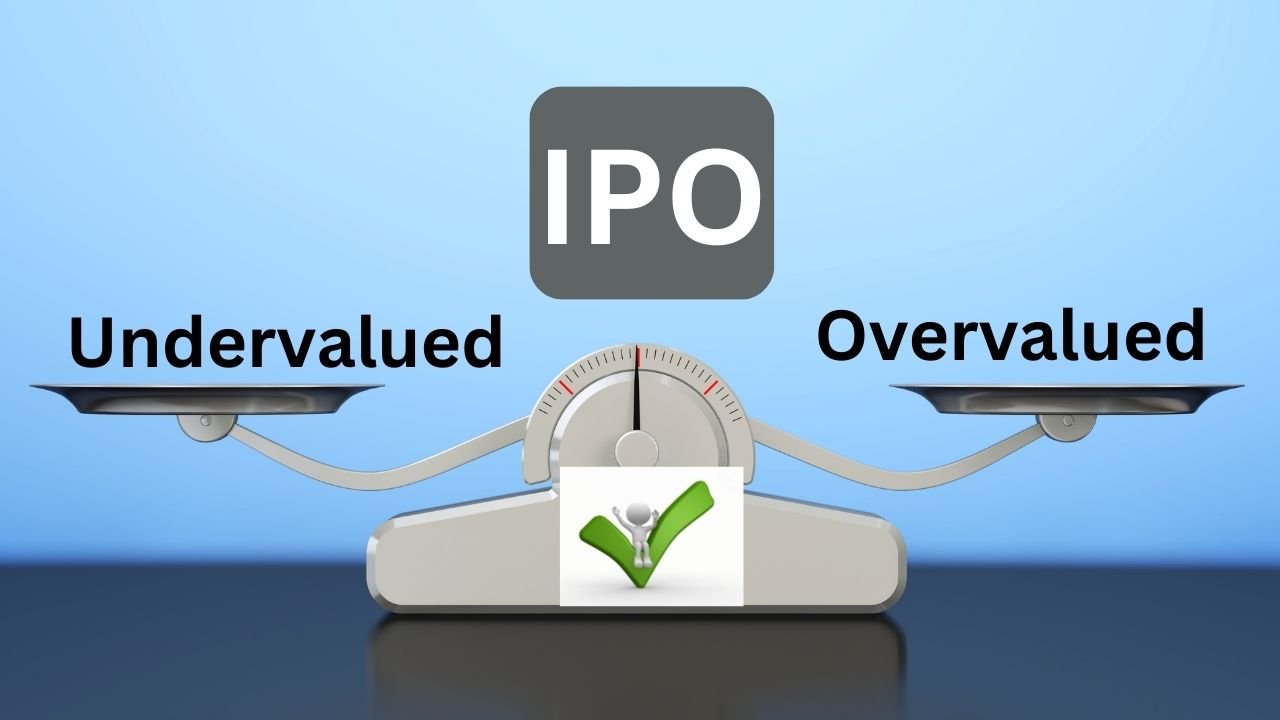Introduction
IPO has become very popular among investors because a large number of people are investing their money in it, due to which the volatility increases and the possibility of the price of shares increasing in a very short period of time also increases. Investing in an Initial Public Offering (IPO) can be an exciting opportunity. However, it’s crucial to determine whether the IPO is undervalued or overvalued to make an informed investment decision. Here are some strategies to help you evaluate the valuation of an IPO.
Understanding the Basics
The reason for the increase in share price of any IPO is that how many people have invested their capital in it. The more investors there are, the higher will be the value of IPO shares. In this way you can say that the pricing of IPO shares is completely based on demand and supply. But even in this, there is a risk to the company that if the share price is high then less investors will invest in the IPO and on the contrary, if the share price is low then the company may lose its potential money.
Factors Influencing Valuation
There can be many reasons for the share price to go up or down. In such a situation, it would not be appropriate to highlight any one aspect.
There are many examples when despite everything going right, the share price of a company has fallen after its IPO. One factor that affects share prices is how financially strong the company is. How does she handle her business even in adverse circumstances?
One such factor is to do a comparative analysis of the company with another company. Whether this comparative analysis is positive or negative, its impact is definitely visible on the share price. This includes the organizational set-up of the company and the effectiveness and efficiency of the company’s business model.
Using P/E Ratios
If we evaluate share prices on the basis of data, P/E ratios help a lot. All investors calculate P/E ratio before investing their capital. If this ratio is high then there is a possibility of the price increasing. And if this ratio is low then investors are attracted quickly. Investors believe that for the share price to be undervalued it is necessary that its PE ratio be low. By definition, it is the price at which a company’s shares trade divided by its earnings per share (EPS) for the last twelve months.
Peer Comparison
One way to find out whether a share price is undervalued or overvalued is to compare the business of that company with the business of another company. By doing this it becomes much easier to estimate the share price.
The Bottom Line
Determining whether an IPO is undervalued or overvalued involves a careful analysis of various factors, including the company’s financials, growth prospects, and the overall market conditions¹. It’s important to remember that investing in an IPO, like any other investment, involves risk. Therefore, thorough research and due diligence are crucial before making an investment decision. Happy investing!

